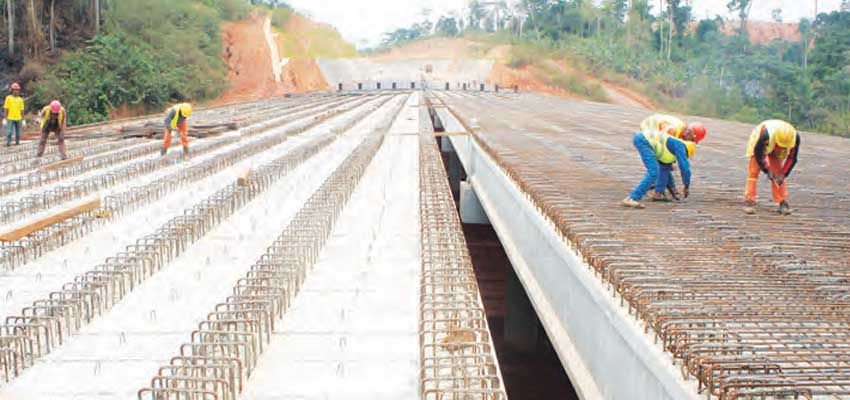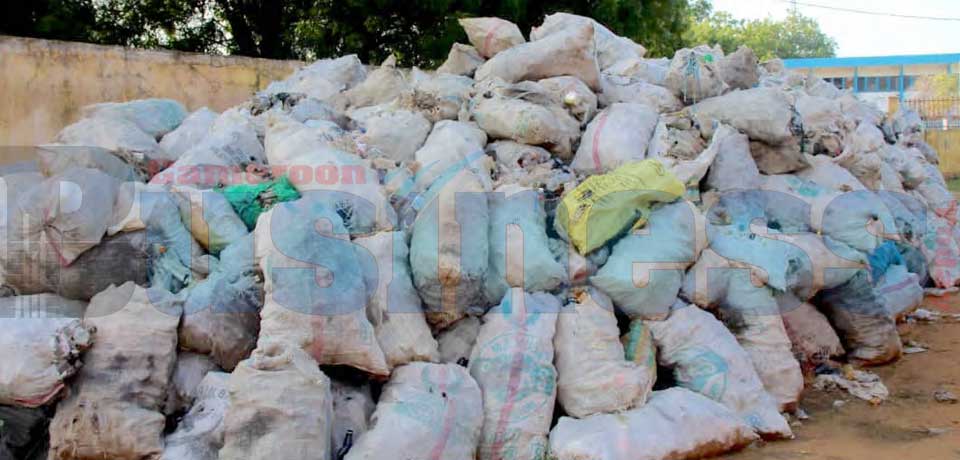Public contracts reforms including New Code, digitalisation and outright sanctions have been introduced to curb the rate of abandonment of government projects.
Public contracts procurement in Cameroon follows the lowest bidder system where tender files are studied and the lowest bidder retained for the project awarded by the tenders’ board of the institution concerned or the Ministry of Public Contracts. For this reason and many more such as the immaturity of some projects, poor feasibility studies, corruption in contracts award procedures, technical and financial incapability have resulted to a surge in public contracts abandonment in the country. A recent communique signed by the Minister of Public Contracts, Ibrahim Talba Malla indicted some 343 contracting enterprises that had abandoned one or more contracts in 2015, 2016 and 2017. That some 410 public contracts projects were abandoned in 2015 according to a Report on the Public Contracts situation in Cameroon by the Regulatory Agency (ARMP) is telling of the magnitude of the phenomenon. The government is not however sleeping on its laurels as it moves to clean up the sector. Prominent amongst the deterring measures is the New Public Contracts Code signed by the President of the Republic, Paul Biya in June 2018. Henceforth, projects carried out by public institutions, semi-public establishments and other related structures are expected to be well executed and on time.
The decree No. 2018/366 of 20 June 2018 relating to Public Contracts Code states the rules applicable to the preparation, award, execution, control and regulation of public contracts in Cameroon. The New Code does not only specify the role of different contracts awards commissions and contracting authorities but also gives room for bidders who feel cheated in the award procedure to petition as well as various sanctions meted out on defaulting contractors. It is also worth mentioning that the government has taken steps through the same New Public Contracts Code to decentralise public contracts system in the country which before now was mainly managed by the Ministry of Public Contracts. Public establishm...
















Commentaires